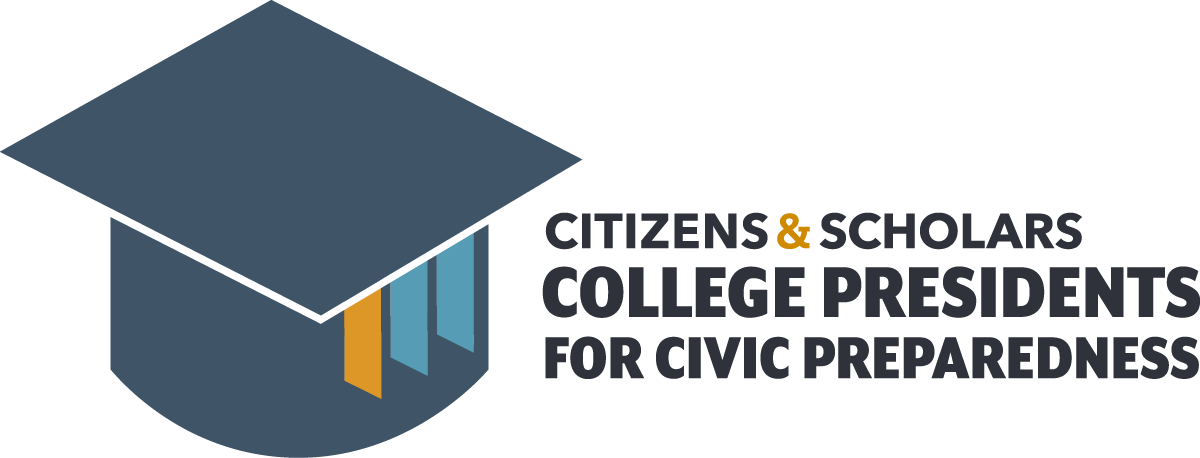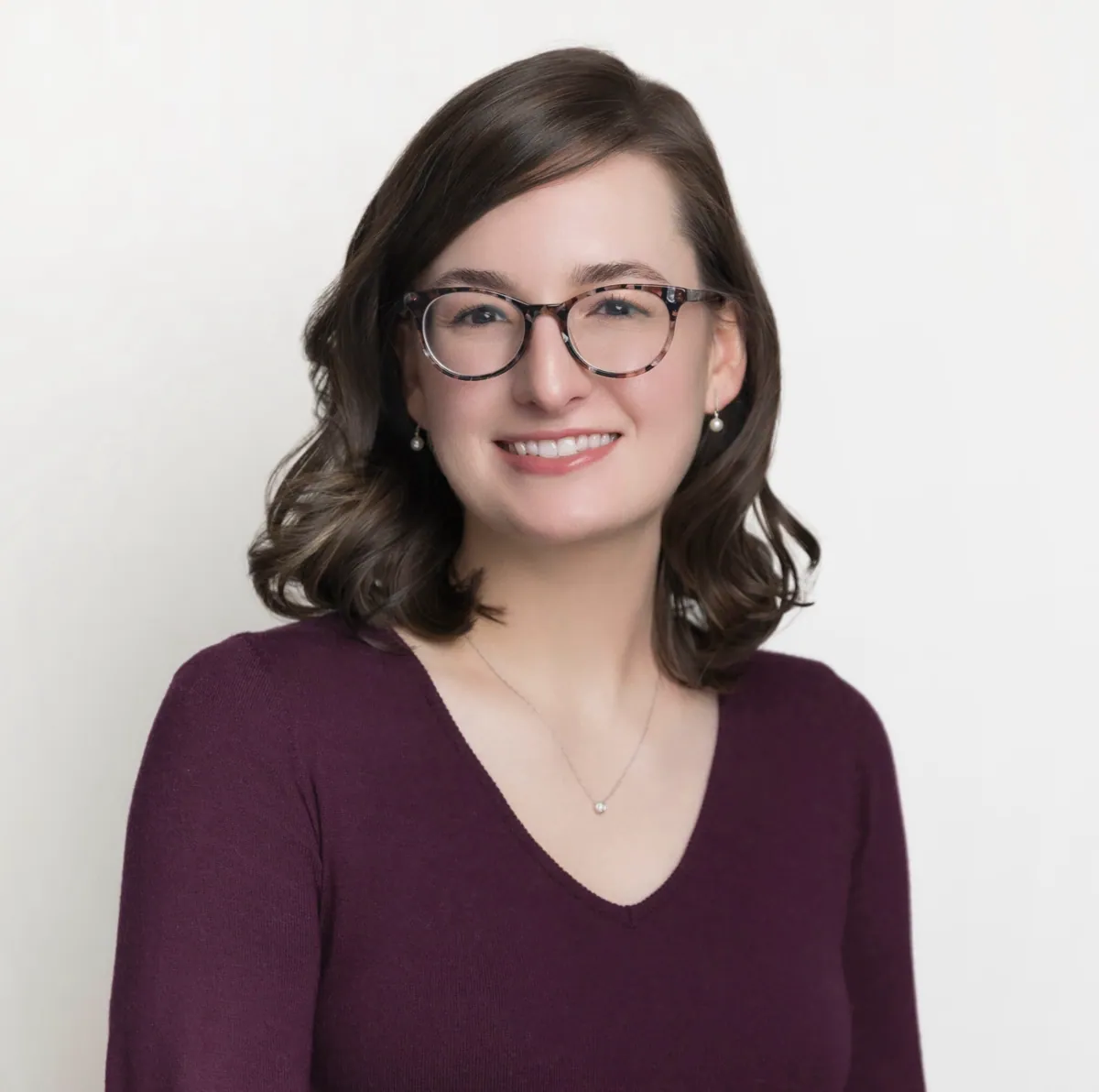5 Minutes with Faculty Institute Leaders: Inside the June Institute
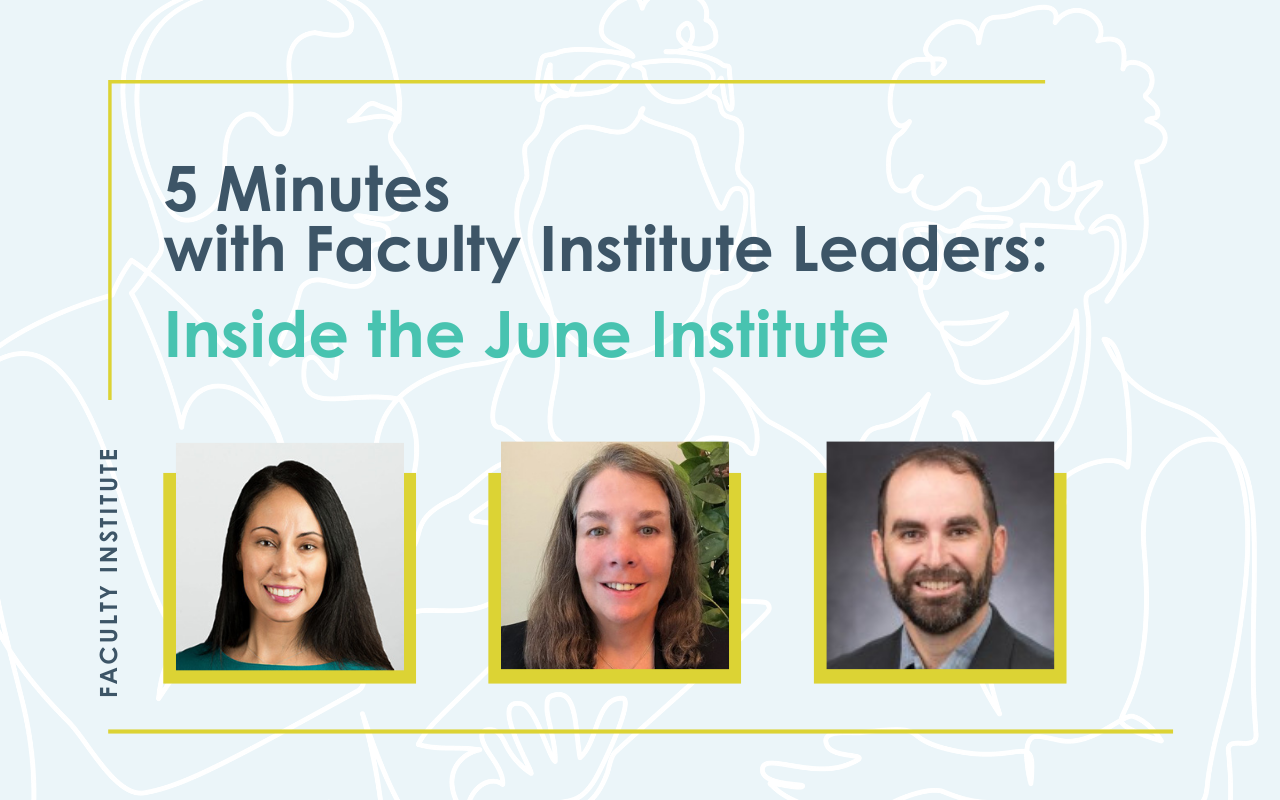
The College Presidents for Civic Preparedness Faculty Institute helps interdisciplinary educators across the country gain the skills and confidence to redesign or create new courses that promote dialogue across difference and become champions of this work on their campuses. What does this work mean for our democracy, the future of higher education, and preparing a rising generation of empowered citizens?
In this interview series, our team explores these questions and more with Janett Cordovés, Senior Program Director, alongside two Faculty Fellows. Leila Brammer is the Director of Outreach and Curriculum Development at the University of Chicago. Nick Longo is a Professor in the Department of Global Studies and a Faculty Fellow for Engaged Scholarship at Providence College.
What is your top takeaway from the June 2024 Facility Institute?
Janett Cordovés: It has confirmed the need and the urgency. People need a space to practice, to engage, to think about frameworks. Higher ed is siloed and there are very few opportunities to work across disciplines collaboratively. Even at institutions where this training is fundamental, faculty don’t have the chance to go deeper into this work or are weary about discussing and practicing these skills with one another. And so, I think we have something that we can offer the field, that we can build up and then have our colleagues own at their institution.
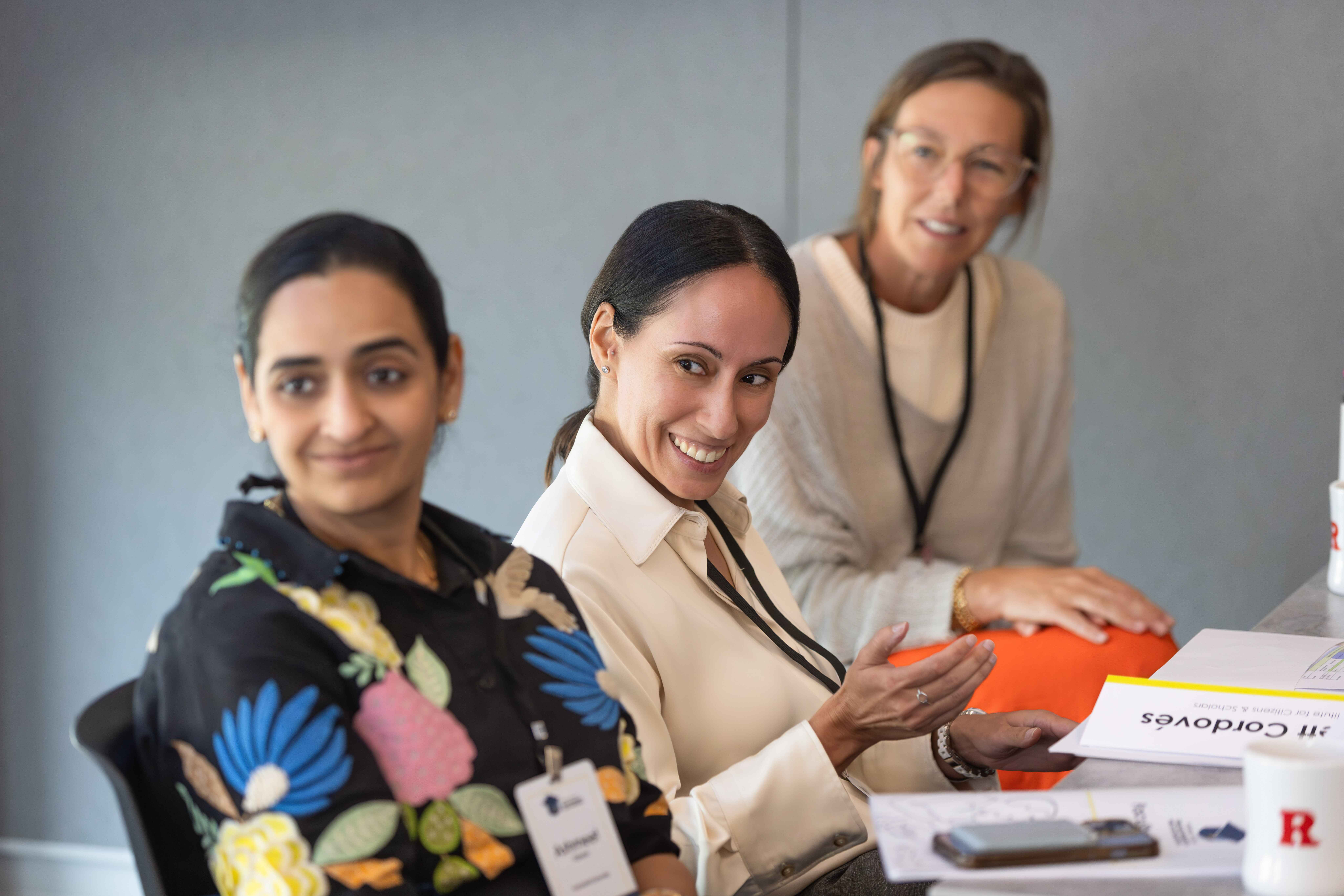
Leila Brammer: Whenever I spend time with faculty, and this group in particular, it gives me hope about education and democracy. The public feels the need for improved discourse and stronger communities. I know students feel the need for more engaged and translatable learning. In this room, the faculty very much also felt the need and the desire to meet that need. They are willing to engage, to investigate, to try things out, and to be part of infusing and embedding the skills that allow us to bring our best selves to our communities as well as our personal and professional relationships.
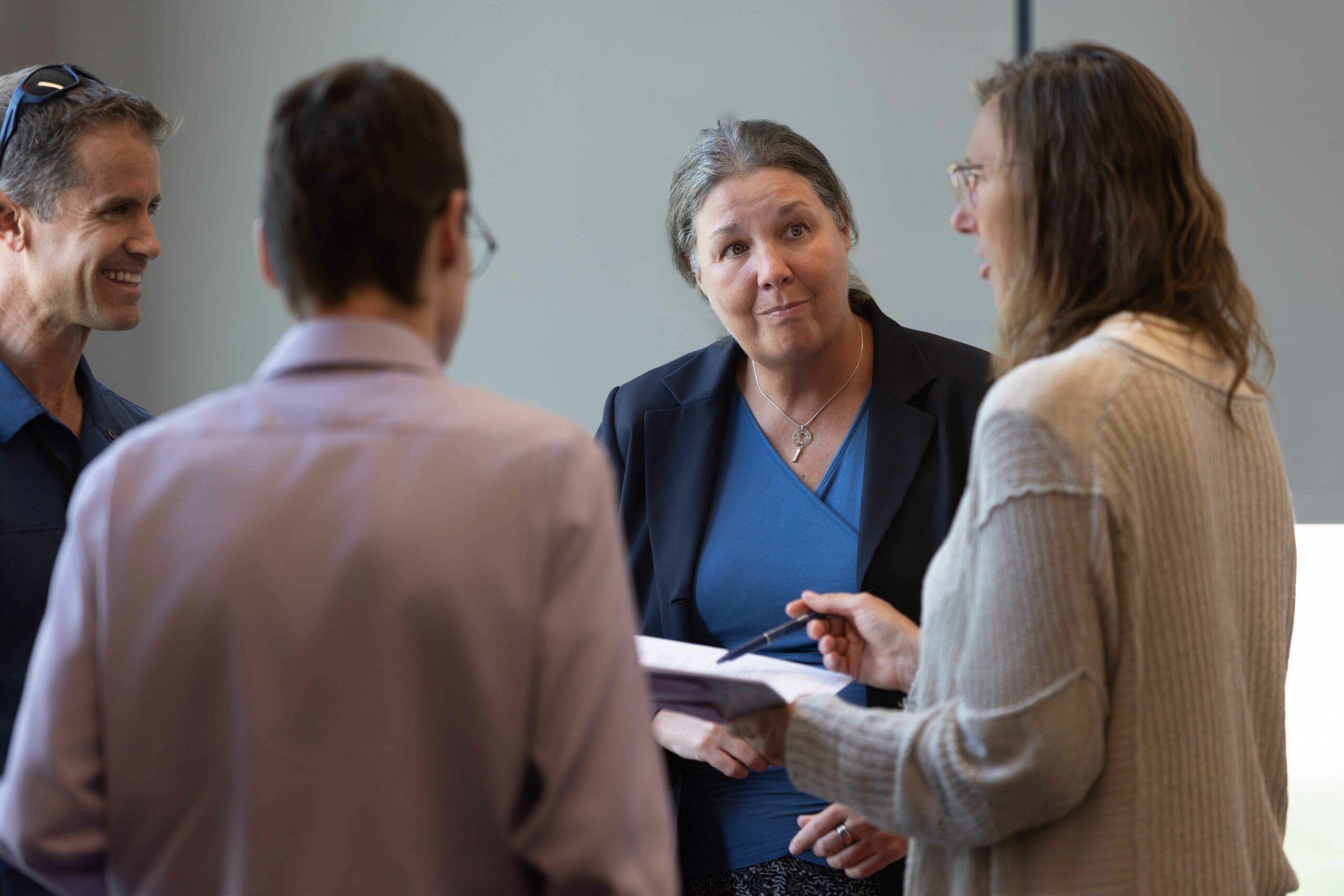
Nick Longo: Yeah, I agree. I think there’s a narrative about higher education that’s completely deficit-based. So if you look at the news and public perception of higher education, you’re seeing decreasing trust, alienation, and a disconnect. And I think there is another story that needs to be told, and it’s a story of an institute like this. It’s the work Citizens & Scholars is doing and the work that the faculty are called to do and want to do. And it’s about being engaged in public problem-solving. It’s about facilitating dialogue and constructive conversations across differences. So that’s kind of the big picture, and then lots of practical implications that come out of this about faculty wanting to do this kind of work. There’s a desire for it, but not necessarily knowing how to get started.
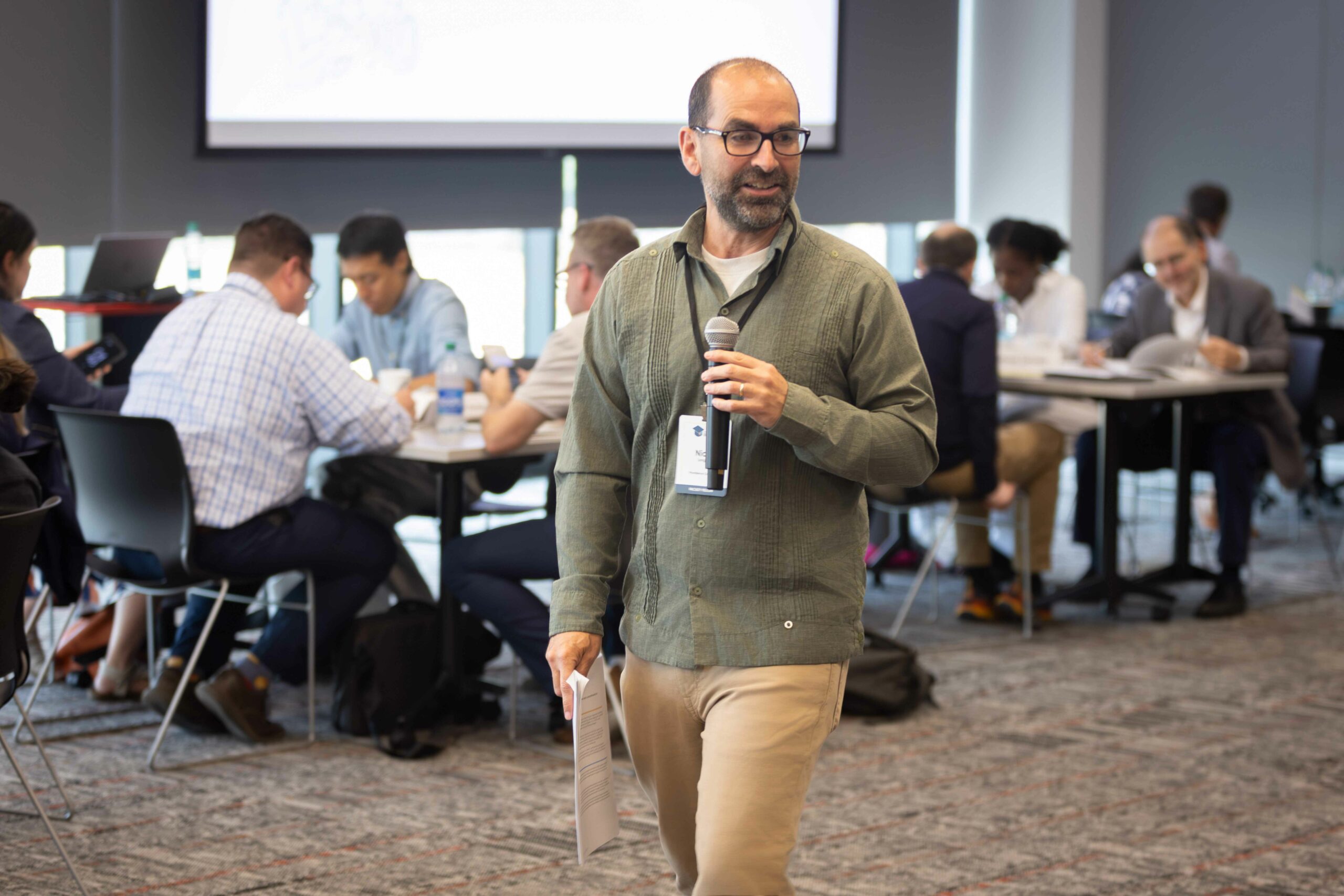
Leila Brammer: To add to that, imagine if the public or legislators saw how deeply devoted faculty are to education and providing the skills for our students to successfully go into the world.
Janett Cordovés: Right? To know they are about bringing multiplicity into the classroom. That’s not documented in news articles. Back to Nick’s point, it’s really about engaging with the messiness of real life.
